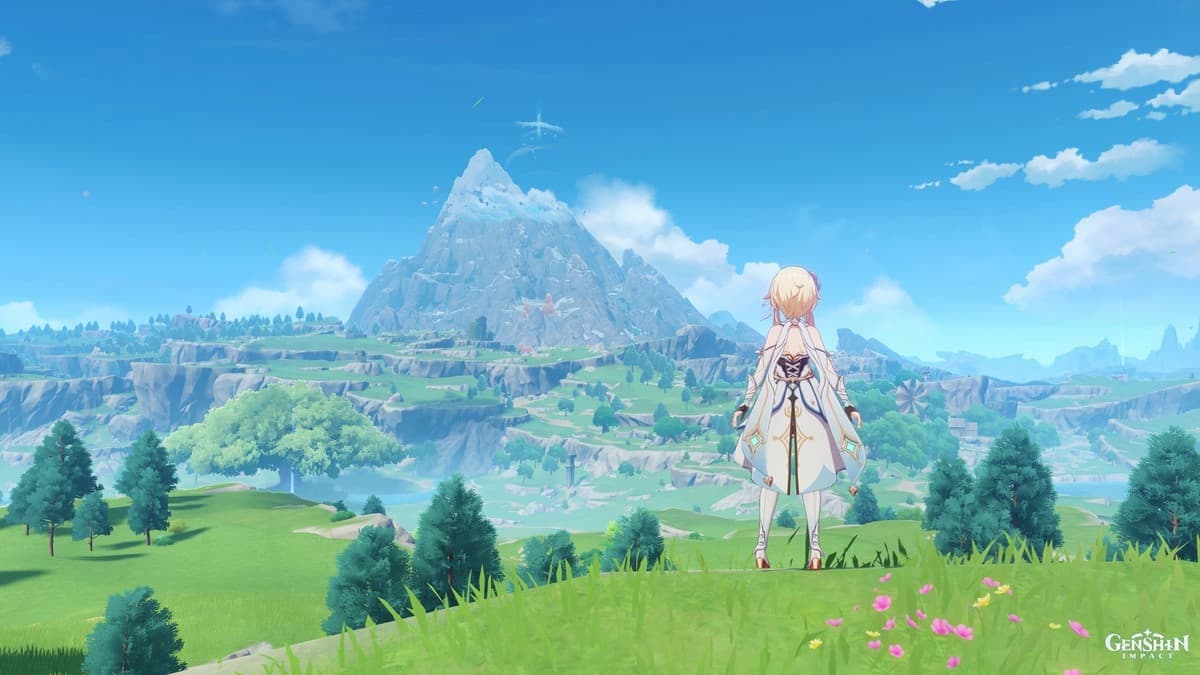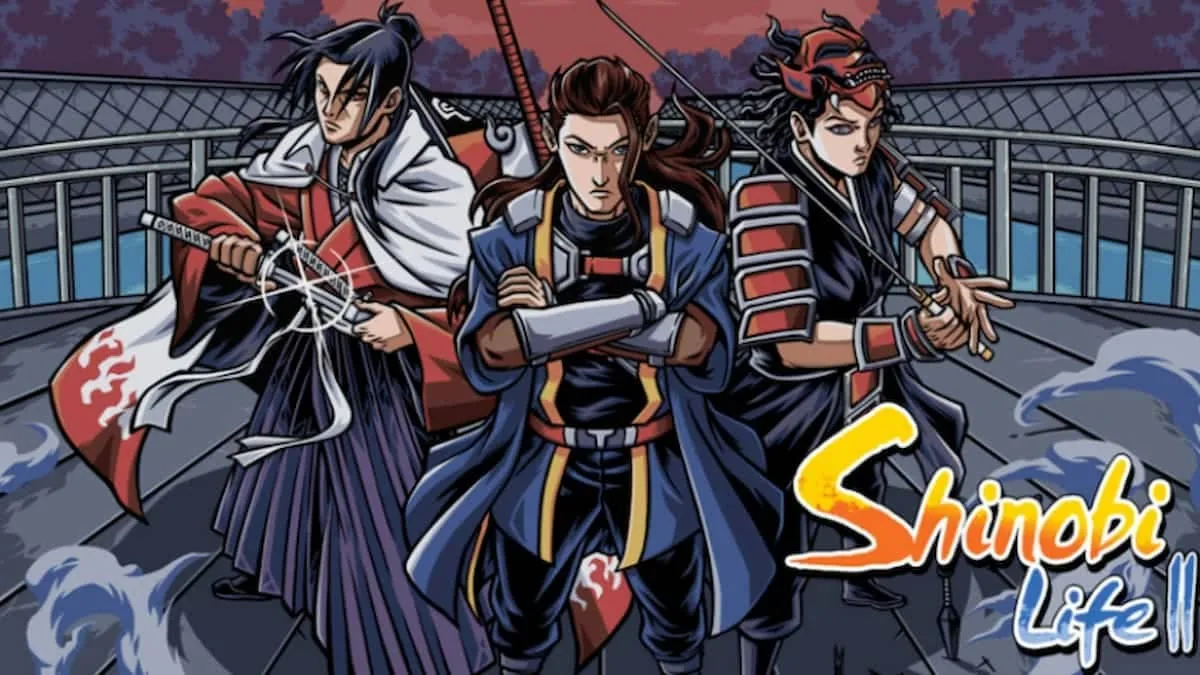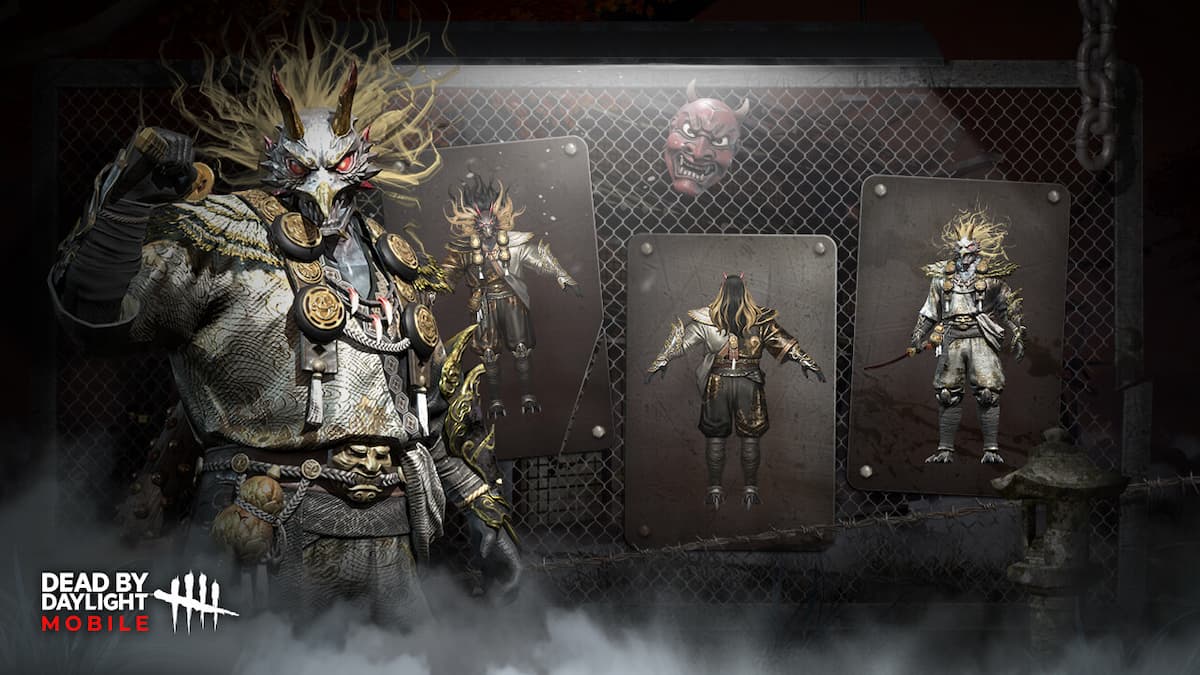In the previous installment, I went over the gist of what it means to be a player and what it means to be a Dungeon Master in Dungeons and Dragons, which also more or less applies to other tabletop RPGs. In this one, I’ll tell you how to choose a system, what items you need to get started, and what to expect as a greenhorn role-player.
Choosing a System
For many new players, tabletop RPGs and D&D are synonymous. Many of them are not aware of the huge amount of variety there is when it comes to mechanical systems and settings. As great as the variety is, when it comes to first starting out, I’d say go for something that’s popular enough to find other players who can show you the ropes.
What system to get into depends on what setting you want to play in and what kind of system you want to use. When you’re first starting out, the system won’t be that important, but it is good to know that not everything uses the d20 system found in the more recent editions of Dungeons and Dragons.
If you are looking for the standard fantasy RPG fare, I would say to check out Dungeons and Dragons 4th edition or Paizo Publishing’s Pathfinder. D&D 4e is a bit easier to get into as a new player and has, arguably, better class balance than previous editions, however, many people think that Pathfinder (based off of D&D 3.5) is a better system for role-playing. This ultimately boils down to what you and your group prefers, no matter what system edition elitists will make you believe.
If you want something more over-the-top that takes some of its inspiration from East Asian sources, check out Exalted. Using this system, you’ll create heroes less inspired by Tolkien’s writings and ones more inspired by the heroes you’d find in the pages of manga.
If you are a fan of cyberpunk or liked the video games based on it, Shadowrun is a system that’s not overly complicated to learn and has an amazing default setting. If you are not aware of what the setting is like, take something like Serial Experiments Lain or Blade Runner and throw fantasy races in there. Simply put, it’s amazing.
If you are already a Warhammer 40k player, whether it be the war game or the computer game, I would suggest checking out Dark Heresy. It has a wonderful, easy to use system with lots of interesting class choices built into it.
What You Need to Get Started
This will ultimately depend on the system you have chosen, but it usually boils down to a book or books, dice, and some stuff to write on/with. Some people suggest buying miniatures initially, but when you’re first starting out, you can use dice or coins as stand ins on the combat grid. Once again, I’ll use Dungeons and Dragons as an example.
In order to get into D&D, you’ll need to pick up a Player’s Handbook, a Dungeon Master’s Guide, and a Monster Manual; the latter two books are only needed if you are DMing. This purchase will cost you over $100 if you buy them new, most likely, but they are cheap on eBay and Amazon.
If you’re not sure whether or not tabletop RPGs are for you, however, you can get a starter set for the system of your choice (if they’re available) for $20 new usually. This will come with a simplified rule set, dice, maps, tokens, and a pre-made adventure and characters usually. The D&D Red Box is great for beginners.
What to Expect
Everyone’s experience with D&D and tabletop games is different. However, I will give you some general tips I wish I would have had when I first got into tabletop.
Visit your Friendly Local Gaming Store if you have one nearby. This is where you will go if you have further questions about how to get started, where you will go to find groups if you do not have enough players already, and hopefully the place where you will make new friends that share a common hobby with you. Beware, though: some stores are not so friendly.
Find an experienced player to guide you. Whether this is your Dungeon Master or just an online friend you talk to for D&D advice, a mentor is an amazing thing to have. The downside of this, though, is if they’re a jaded elitist, it will most likely discourage you or even worse: rub off on you.
Do not get discouraged if your first few tries are failures. Finding a good group to play D&D and other games with is harder than learning the system. However, when you find players that you mesh well with, the experience is divine.
Use your DM as much as possible. A good DM wants his players to have fun in D&D and becomes delighted when his/her players get engaged in the game. If you want to have an opportunity to shine in the spotlight and your DM has hitherto overlooked you, let him/her know.
Conversely, if your DM is bad and/or a jerk, do not be afraid to drop out of the group. Always try to do so as politely and elegantly as possible because sometimes good people are just bad DMs. Sometimes bad people are bad DMs, too, though, and you might be tempted to sabotage their games in order to get revenge. If the other players in your group are enjoying the game, though, just swallow your pride and leave without disrupting the game.
Ultimately, you want to find a group in which everyone can have fun with each other. If you are only interested in the combat of the game, find a group of like minded individuals. If you are only interest in the role-playing aspect, find others like you. Being mature about leaving and joining games is the best advice I can give you starting out.
Conclusion
I hope this has been an informative read for you. I initially started off with Dungeons and Dragons 4th edition without knowing what to expect. I was forced into the Dungeon Master role and struggled with it. Eventually, I found a group of experienced players that helped me come out of my shell in game and have some of the most fun I’ve had in my entire life.
If you have any questions/concerns about D&D and the like, leave them in the comments section and I will address them as soon as possible. Good luck and happy gaming!






Published: May 1, 2013 09:25 am